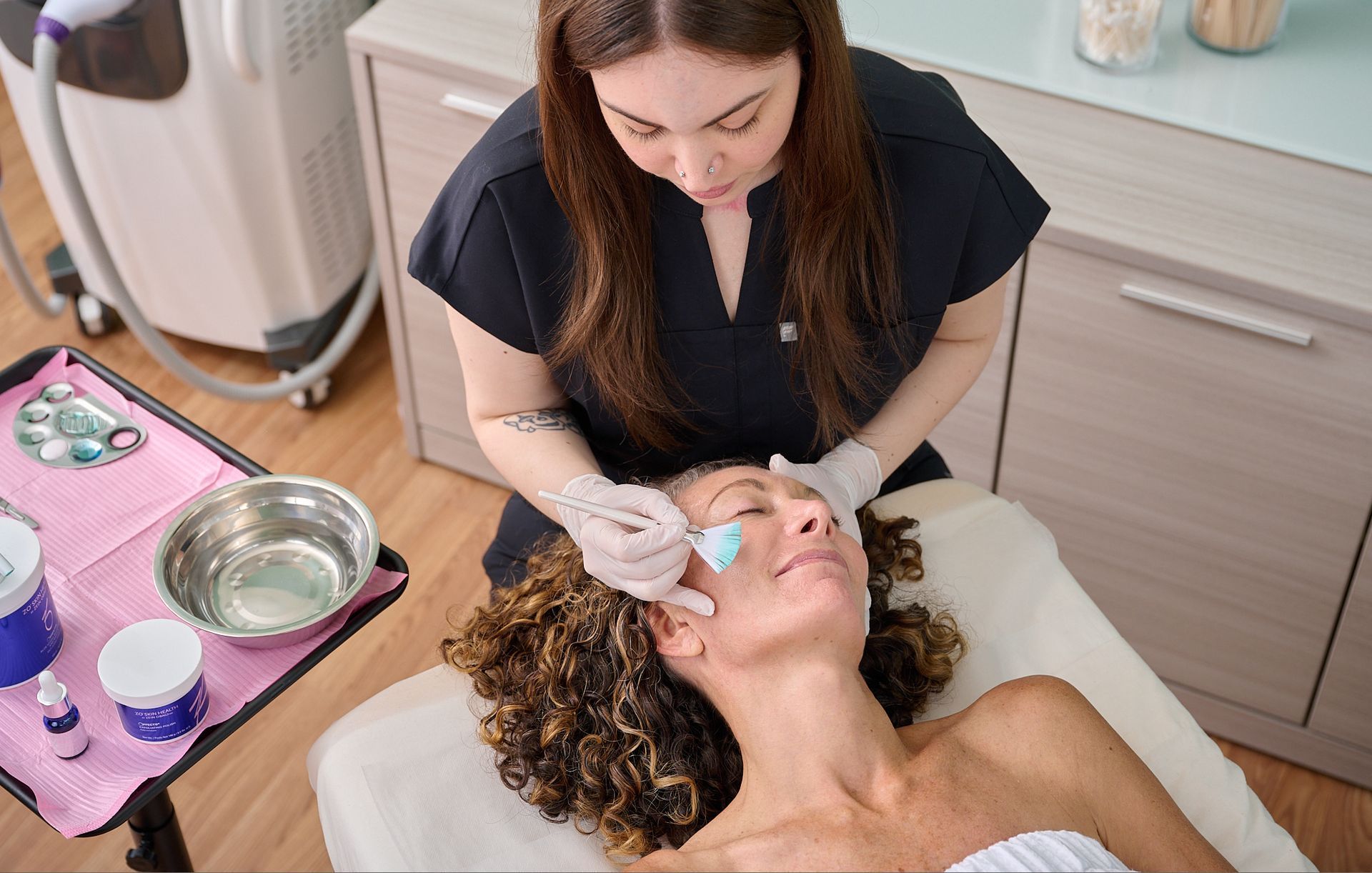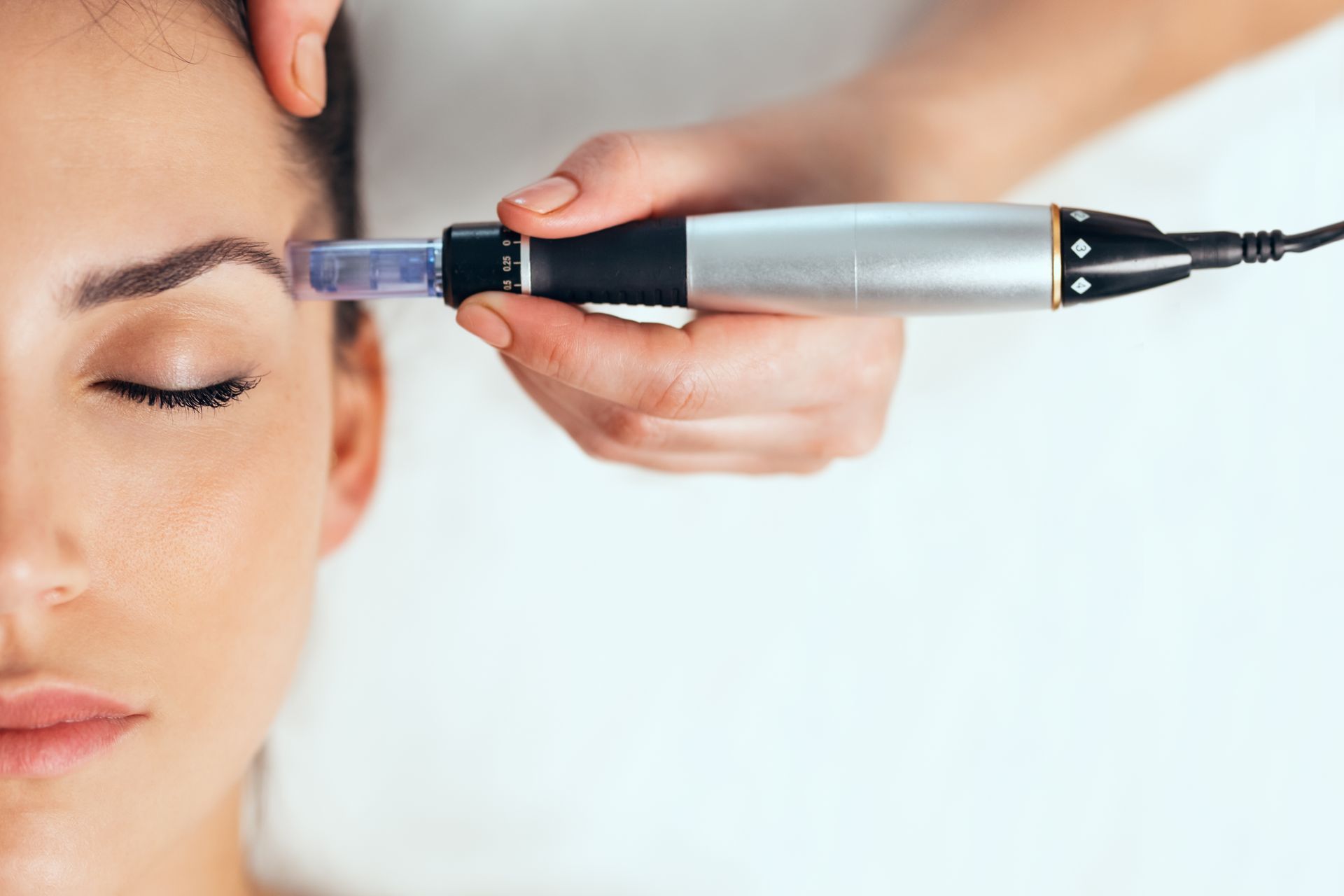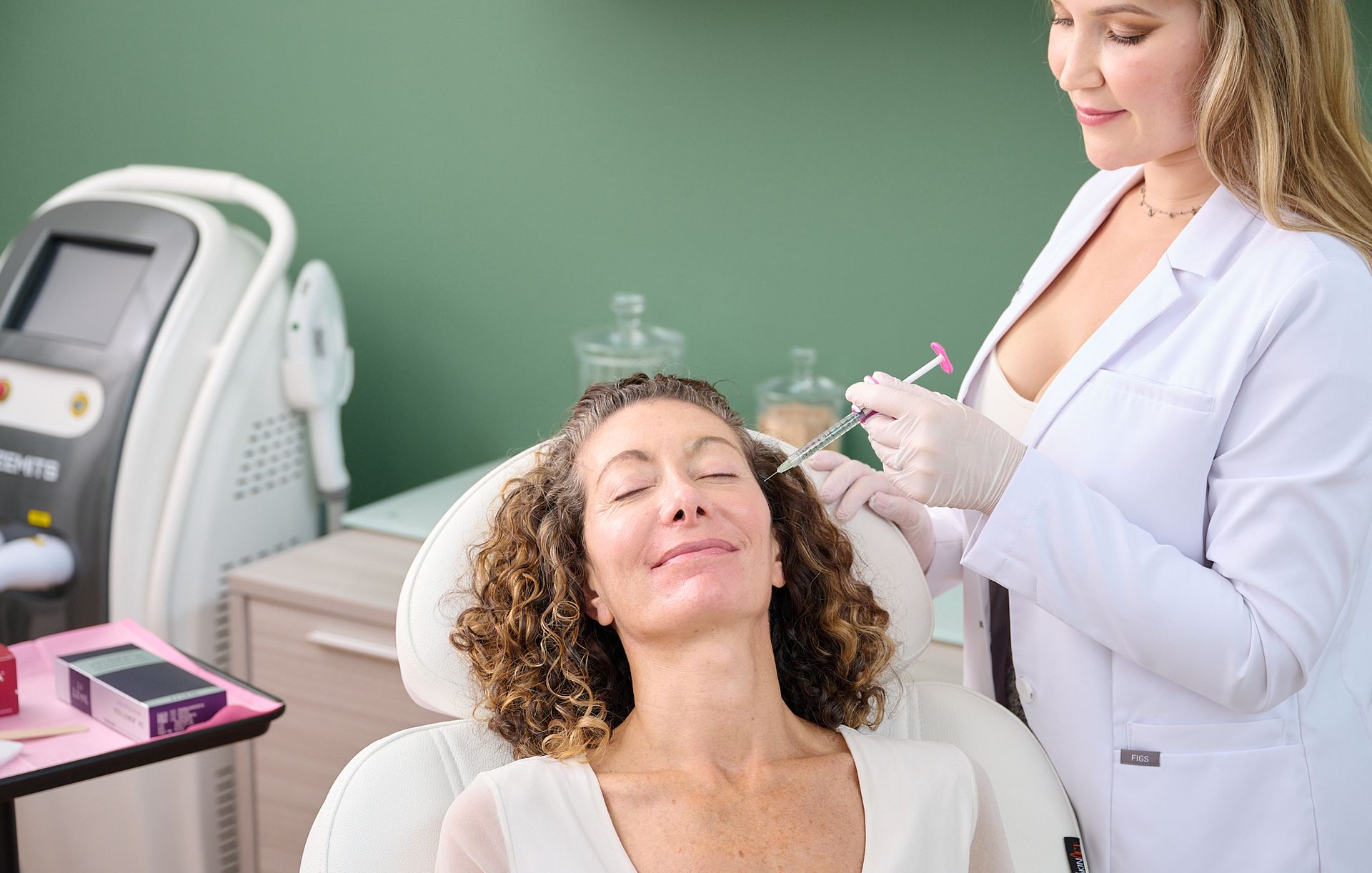
Many active, high-achieving women in their 40s, 50s, and 60s begin noticing subtle but significant changes in energy, strength, focus, and libido. They are eating well, exercising consistently, building successful careers, and prioritizing wellness — yet something feels different. In many cases, one critical hormone is missing from the conversation: testosterone. At Rejuv Medical in San Francisco’s Mission Bay, we work with women across the Bay Area who are proactive about longevity and performance. For many of them, optimizing testosterone levels becomes a pivotal step in restoring vitality and confidence.

As women enter their 40s (sometimes even late 30s), subtle hormonal changes can begin long before menopause officially starts. This transition period is called perimenopause, and it can last anywhere from a few years to over a decade. During this time, fluctuating hormone levels — particularly estrogen and progesterone — can lead to a wide range of physical and emotional symptoms that may impact your quality of life. Understanding the signs of perimenopause and knowing when to consider Bioidentical Hormone Replacement Therapy (BHRT) can help you navigate this stage feeling balanced, confident, and in control.











